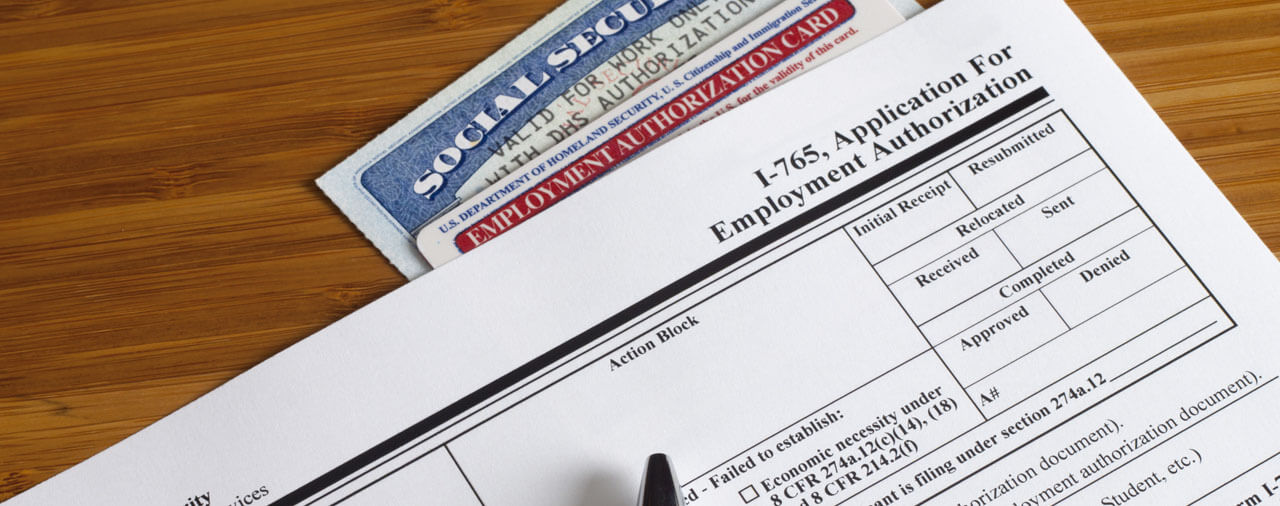Introduction
On July 15, 2020, the United States Citizenship and Immigration Services (USCIS) published Policy Alert-2020-10, “Applying Discretion in USCIS Adjudications” [link]. The Policy Alert announced two changes to the United States Citizenship and Immigration Services Policy Manual (USCIS-PM) at 1 USCIS-PM E.8 [link] and 10 USCIS-PM A.5 [link]. In this article, we will focus on the changes to 10 USCIS-PM A.5, which addresses the exercise of discretion on applications for employment authorization. We cover the changes to 1 USCIS-PM E.8, which provide guidance on USCIS’s discretion policies more generally in a separate post [see article].
Automatic vs Discretionary Employment Authorization
There are two types of employment authorization. First is employment authorization incident to status. For example, most employment-based nonimmigrant categories authorize certain employment. In other cases, an alien may not be employment authorized by virtue of his or her status. These aliens, if eligible, must apply for employment authorization with the USCIS. The USCIS may grant employment authorization in such cases if the alien meets the threshold eligibility requirements and if the USCIS opts to exercise its discretion favorably on the application.
The categories of aliens that must affirmatively apply for employment authorization in order to gain authorization to work in the United States is set forth in 8 CFR 274a.12(c) [link]. The USCIS-PM refers to aliens described in 8 CFR 274a.12(c) as “Category C applicants.” Category C applicants may file the Form I-765, Application for Employment Authorization, in order to seek employment authorization. The Form I-765 must always be filed in accordance with form instructions. It must also be accompanied by the appropriate fee unless that fee is otherwise waived.
What USCIS Must Find In Order to Grant Employment Authorization
In order to grant an employment authorization application by a Category C applicant, the USCIS must do the following:
1. Verify the applicant’s identity,
2. Determine that the applicant meets the eligibility criteria for employment authorization, and
3. Find that the favorable exercise of discretion on the application is warranted.
In determining whether the favorable exercise of discretion is warranted, the USCIS evaluates each employment authorization application on a case-by-case basis.
Exercising Discretion
Employment authorization applications filed by Category C applicants are generally subject to USCIS discretion. In each case, the USCIS makes a case-specific determination, taking into account all relevant information. The USCIS-PM advises adjudicators on exercising discretion: “The ultimate decision to grant discretionary employment authorization for a Category C applicant depends on whether, based on the facts and circumstances of the case, USCIS finds that the positive factors outweigh any negative factors that may be present, and that a favorable exercise of discretion is warranted.” Denied employment authorization applications are not subject to appeal.
You can learn more about the USCIS’s policies for exercising discretion generally in our companion article on the subject [see article].





